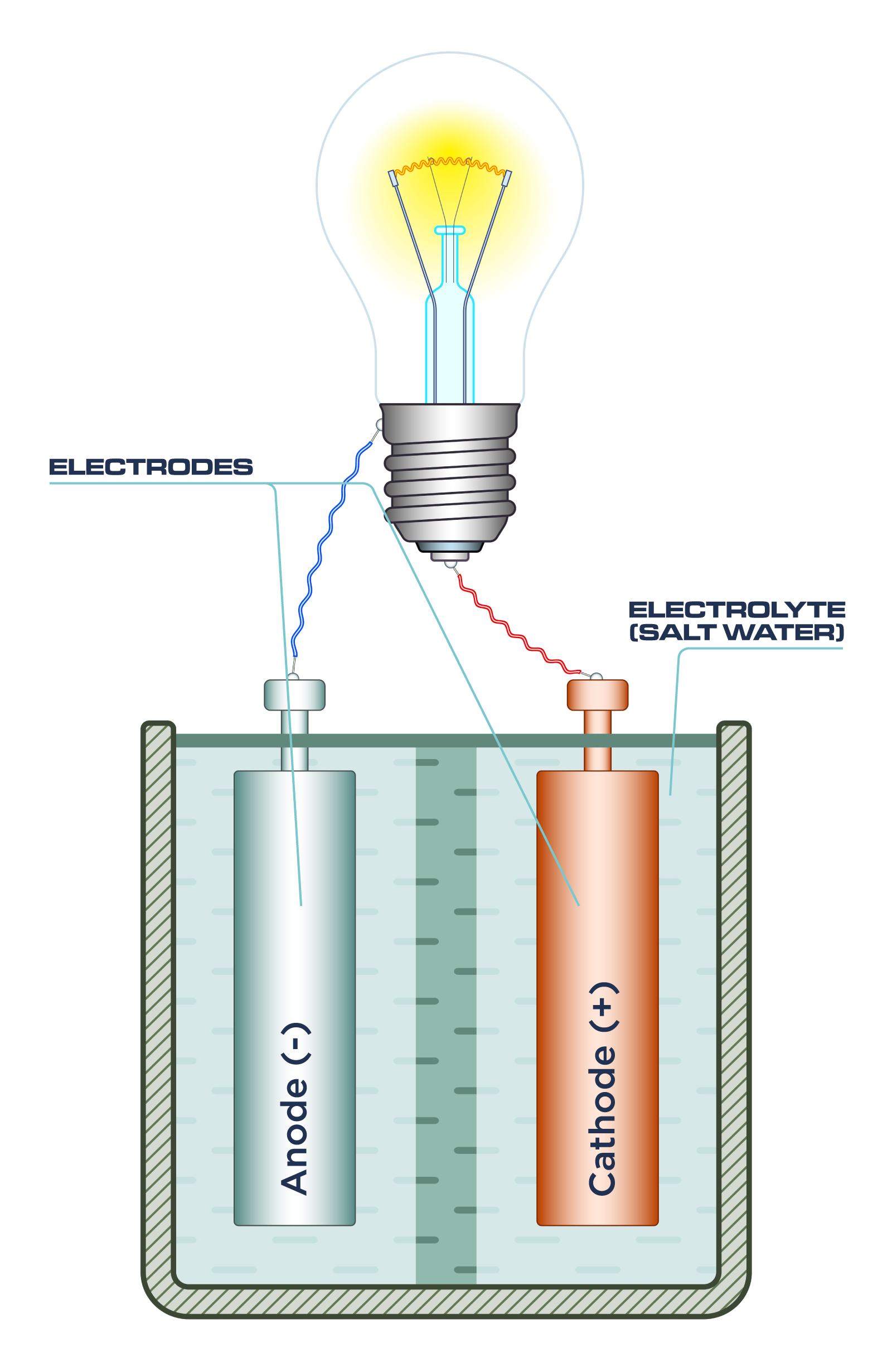Metal + metal oxide salt + water. The reaction between an acid and a metal oxide is more useful because it can be used for any metal without having to bother. Acids react with metals, bases and carbonates to produce salts. Neutralisation is the reaction between an acid and a base. Acids will react with reactive metals, such as magnesium and.
Acids react with metals, bases and carbonates to produce salts. Neutralisation is the reaction between an acid and a base. Acids will react with reactive metals, such as magnesium and. Na (sodium) is combined with cl (chlorine) to make nacl (table salt). Sodium is a highly reactive metal that is commonly found in salt compounds such as sodium chloride (table salt). Youll be amazed to see that it now floats! The salt has increased the waters density, making it denser than the egg. Objects float when theyre less dense than the liquid. Hydrogen, chemists usually make salts by reacting a metal compound such as a metal carbonate with an acid. Acids take part in reactions in which salts are produced.
Na (sodium) is combined with cl (chlorine) to make nacl (table salt). Sodium is a highly reactive metal that is commonly found in salt compounds such as sodium chloride (table salt). Youll be amazed to see that it now floats! The salt has increased the waters density, making it denser than the egg. Objects float when theyre less dense than the liquid. Hydrogen, chemists usually make salts by reacting a metal compound such as a metal carbonate with an acid. Acids take part in reactions in which salts are produced. In these reactions, the. Get a metal like sodium and then you burn it to make sodium oxide because burning something is adding oxygen. Then you add the sodium oxide to an acid like hydrochloric acid. The name of a salt has two parts. The first part comes from the metal, metal oxide or metal carbonate.
Youll be amazed to see that it now floats! The salt has increased the waters density, making it denser than the egg. Objects float when theyre less dense than the liquid. Hydrogen, chemists usually make salts by reacting a metal compound such as a metal carbonate with an acid. Acids take part in reactions in which salts are produced. In these reactions, the. Get a metal like sodium and then you burn it to make sodium oxide because burning something is adding oxygen. Then you add the sodium oxide to an acid like hydrochloric acid. The name of a salt has two parts. The first part comes from the metal, metal oxide or metal carbonate. The second part comes from the acid. A metal salt is a compound formed when a metal reacts with an acid to produce a new substance. Metal salts are typically ionic compounds, meaning they consist of positively charged metal.
The salt has increased the waters density, making it denser than the egg. Objects float when theyre less dense than the liquid. Hydrogen, chemists usually make salts by reacting a metal compound such as a metal carbonate with an acid. Acids take part in reactions in which salts are produced. In these reactions, the. Get a metal like sodium and then you burn it to make sodium oxide because burning something is adding oxygen. Then you add the sodium oxide to an acid like hydrochloric acid. The name of a salt has two parts. The first part comes from the metal, metal oxide or metal carbonate. The second part comes from the acid. A metal salt is a compound formed when a metal reacts with an acid to produce a new substance. Metal salts are typically ionic compounds, meaning they consist of positively charged metal.
The name of a salt has two parts. The first part comes from the metal, metal oxide or metal carbonate. The second part comes from the acid. A metal salt is a compound formed when a metal reacts with an acid to produce a new substance. Metal salts are typically ionic compounds, meaning they consist of positively charged metal.
Metal salts are typically ionic compounds, meaning they consist of positively charged metal.
RQI 2025 Healthcare Provider ALS: The Ultimate Quizlet Guide
Exploring Raven Creek: Project Zomboid's Hidden Dangers
Beyond The Stats: Tyler Lockett's 40-Yard Dash Explored
Unbelievable 1982 Car Seat Safety Standards!
Miami Heat Vs. Josh Giddey: Who Reigns Supreme?
